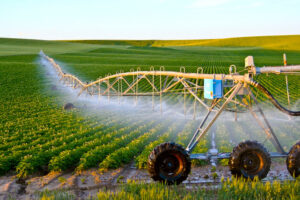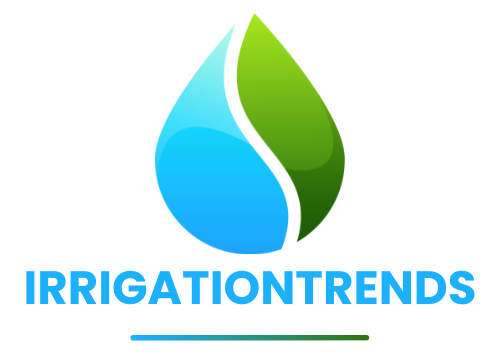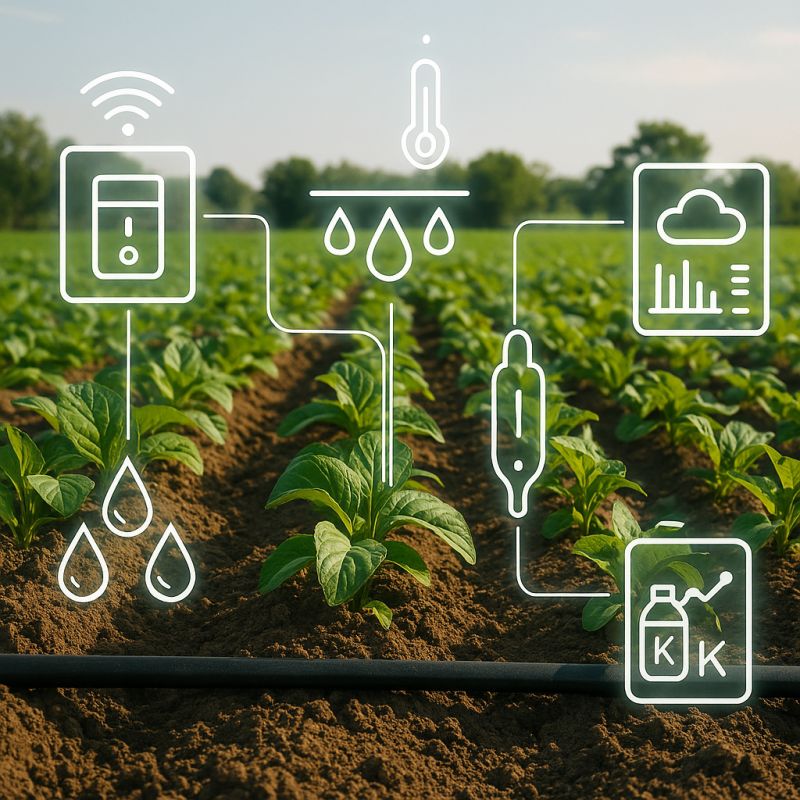The Hai Duong province in Vietnam is witnessing an agricultural revolution. Transitioning to water-saving irrigation techniques is not just a trend; it’s a necessity for sustainable agriculture in the face of water scarcity. With rising water demand and decreasing resources, innovative practices are crucial for maximizing yield while conserving precious water resources.
The Urgent Need for Water Efficiency in Agriculture
Vietnam is facing a significant challenge regarding water management, especially in agriculture. The problem isn’t confined to Hai Duong; it’s a nationwide issue that affects crop yields, farmer incomes, and overall economic growth. With climate change intensifying these pressures, the transfer to efficient irrigation practices has become more urgent than ever.
Current Irrigation Practices in Hai Duong
Traditionally, many farmers in Hai Duong relied on surface irrigation methods that resulted in water wastage. This conventional approach is not only inefficient, but it also leads to various problems:
- Excess runoff and waterlogging
- Poor crop production quality
- Increased costs associated with water delivery
Innovative Solutions: Shifting Toward Water-Saving Techniques
To combat these inefficiencies, Hai Duong has adopted several innovative irrigation techniques aimed at conserving water while ensuring optimal plant growth. Here are some of the practices now being employed:
1. Drip Irrigation Systems
Drip irrigation has emerged as a powerful tool in Hai Duong. It allows water to be delivered directly to the plant roots through a network of tubing and emitters, greatly reducing evaporation and runoff. Key benefits include:
- Precise Water Application: Minimizes water use by targeting where it is needed most.
- Increased Yield: Enables farmers to grow higher-quality crops due to consistent moisture levels.
- Reduced Labor Costs: Automation in water dissemination leads to lower labor requirements.
2. Rainwater Harvesting
This simple yet effective technique has gained traction, especially during periods of heavy rainfall. By collecting and storing rainwater, farmers can reduce their dependency on groundwater and rivers, ensuring a more sustainable source of irrigation. Benefits include:
- Cost-Effectiveness: Decreases reliance on expensive irrigation infrastructure.
- Environmental Impact: Reduces soil erosion and prevents nutrient runoff into water bodies.
3. Smart Irrigation Technologies
Embracing technology, farm operators are using sensors and weather forecasting tools to determine the exact amount of water needed for their crops. Smart irrigation systems take into account:
- Soil moisture levels
- Weather forecasts
- Crop water requirements
This precision irrigation results in less waste and more efficient water usage.

Extension Services and Community Engagement
The local government and agricultural organizations in Hai Duong are actively promoting these water-saving practices by providing education and training to farmers. Through various programs, they are:
- Organizing Workshops: Offering practical demonstrations of new irrigation techniques.
- Providing Financial Assistance: Helping farmers with the initial investment for modern irrigation systems.
- Encouraging Partnerships: Linking farmers with tech companies that specialize in agricultural innovations.
The Impact on Local Communities and Beyond
The shift to water-efficient irrigation practices has already shown promise in increasing local agricultural outputs. Farmers are reaping the rewards of their investments through:
- Higher Returns: Better crop yields lead to improved financial stability.
- Job Creation: More efficient farming can lead to increased labor needs in other areas, promoting overall economic growth.
- Water Conservation: Protects local water resources for future generations.
Looking Ahead: The Future of Agriculture in Hai Duong
As the demand for sustainable agricultural practices grows, Hai Duong is setting a precedent for other regions in Vietnam and beyond. The combination of traditional agricultural wisdom and modern irrigation technology provides a roadmap for achieving both economic viability and environmental responsibility.
For farmers looking to secure a future in agriculture amidst climate change and water scarcity, investing in innovative irrigation techniques is not just beneficial, it is essential.
Conclusion
The adoption of innovative water-saving irrigation practices in Hai Duong is not merely a response to current challenges but a proactive step towards sustainable agricultural practices. As more farmers embrace these techniques, Hai Duong’s agricultural landscape stands to be transformed, setting an inspiring example for other regions facing similar challenges.
By prioritizing water efficiency, Hai Duong is not only ensuring the livelihoods of its farmers but also safeguarding the environment for future generations.


